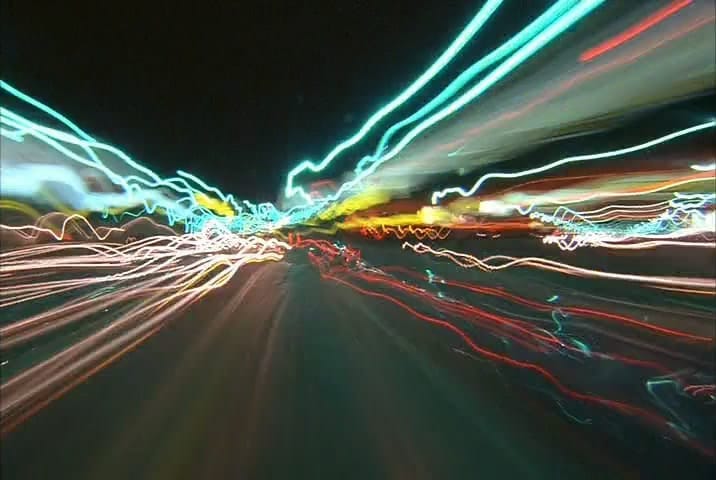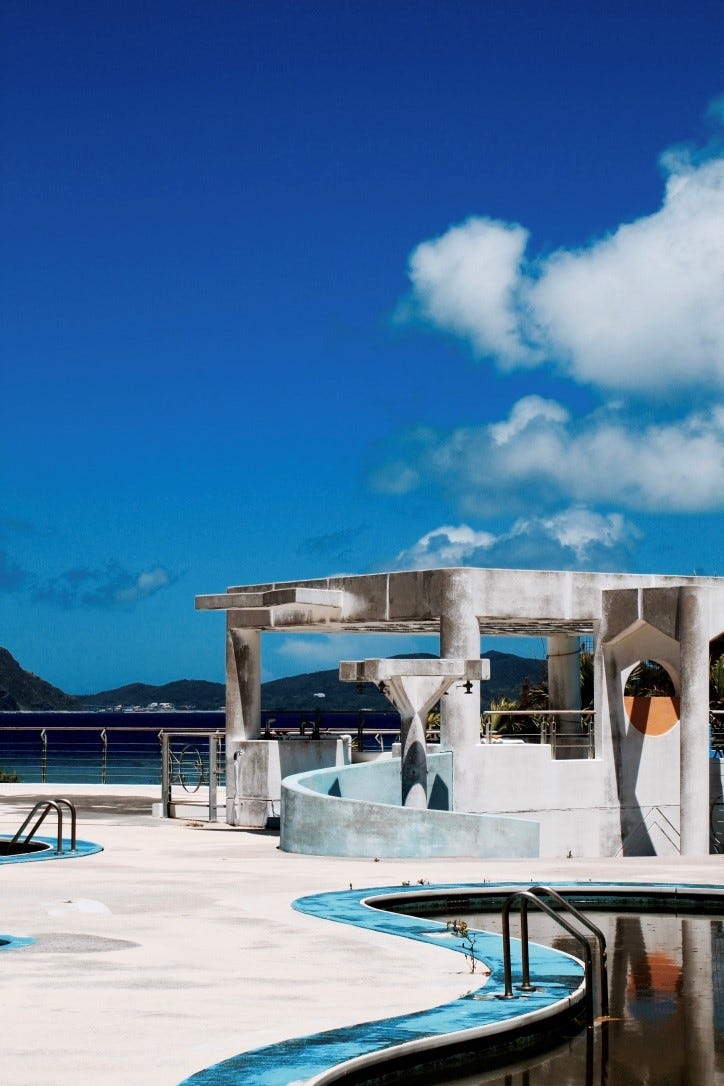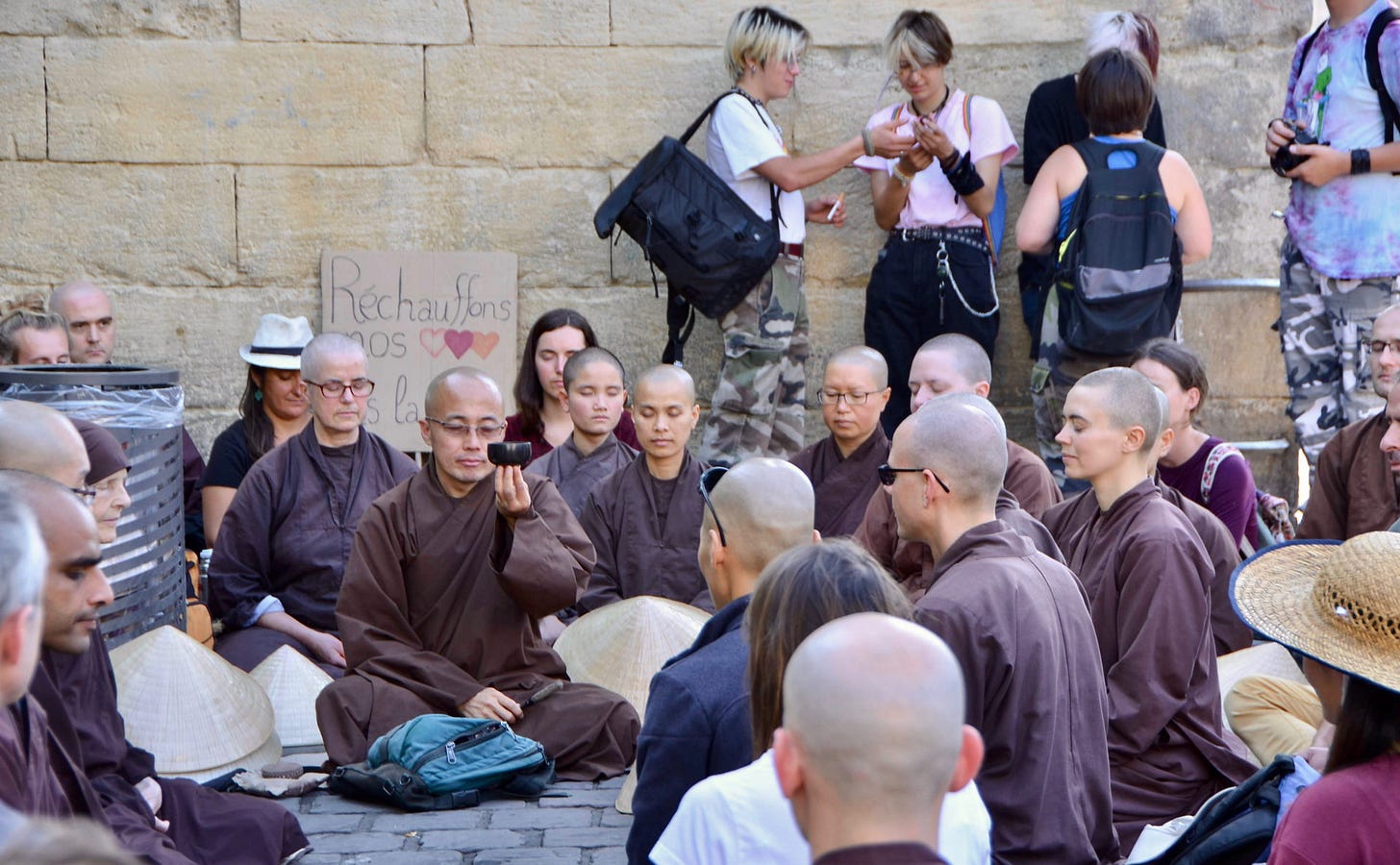Thinking (and not thinking) about sustainability
An introductory blog post from the new coordinator of the Radboud Center for Sustainability Challenges

I’m Adele Tufford, and I’ve been tasked with coordinating the Radboud Center for Sustainability Challenges during its next phase. Should you stick around, you will be hearing my voice here on the screen and hopefully also on our podcast in months to come. Less a scholar than a curious consumer of big ideas, I will attempt to put into words here some of the things I think (and don’t think) about when I think of our planet in crisis, and what I imagine a transformative university could look like.
Environmentalism without class struggle is just gardening.
Or, in a timely 2024 update:
Environmental activism without class struggle is just air conditioning.
This quote from Chico Mendes, the revolutionary Brazilian environmental-socialist, captures what ought to be our North Star if we want a livable future.
We could add a necessary garden of other conditions to these proclamations;
without
racial,
class,
gender,
disability,
inter-species,
intergenerational justice
… sustainability is hollow, and for the few.
I must admit that as an almost complete social media pariah who has always preferred long articles and deep discussions, it does not feel natural to me to publicize my thoughts and stake positionalit-y/ies to you, dear readers, largely unknown to me. Part of the reason I took on this role is, however, is a desire to assert clear values when it comes to sustainability, lest it continue to be a catch-all for everything (and thus nothing), or worse, co-opted by entities entirely uninterested in transformative change.
I’ve meandered across disciplines and continents – one of my past supervisors called this ‘snorkling’ rather than deep diving. My awe and wonder at the complexity of the natural world - and the human brain in particular - led me to pursue a PhD in Neuroscience, where I studied the ways in which early sensory experiences shape developing neural circuitry; a sort of molecular foray into the nature vs. nurture debate. I observed a previously unknown way in which external sensory experience instructs the building of our nervous system.
I see this in terms of fractals, in terms of a vast, limitless web of inter-being between our selves and world around is. ‘Our’ nervous system as we know it is not fit to function without cues from the external world. In the same way, our ‘selves’, those carefully constructed and guarded images to which we hold to so tightly, are largely a function of our environment, experiences and relationships – both human and beyond-human - which we shape back in return. So too of civilizations. Violence to, degradation of and disconnection from the so-called ‘natural-world’ causes us personal and collective suffering, even if we’re unconscious to it, and brings us further away from our selves.
Do or Do Not, there is no try
I was attracted to the RCSC foremost by their call to politicize sustainability in higher education. As the manifesto writes – we know something is amiss – we can feel it in our bones. As I discuss in a post on the upcoming UNFCCC Conference of the Parties, we also know that our global governance tasked with steering the planet away from the zone of certain catastrophe has been an overwhelming failure. More of us are now collectively awake to the fact that the same profit-driven entities that have caused the climate crisis are dictating our global response. This breeds a situation where greenwashing is almost the norm: we are soaked in strategies that not only maintain extraction and planetary breakdown but are also predicated on exploitation and neo-colonialism, further entrenching the dispossession of those not historically responsible.
At the Dutch university, we have the luxury of the space and freedom (and sometimes time) to contemplate the scale of planetary crisis and our necessary response. But have we been doing justice to the task? We sit with a tremendous tension, in that we must act swiftly and decisively, yet we must not sacrifice the means for the ends, as the end we achieve may contain the pain and the anger and the injustice we used to get there.
Our current means, however, bear scrutiny.
Our dominant forms of governance in general block us from taking decisive and swift action. Weighing risks vs. gains. Synergies vs. trade-offs. A tendency to frame the climate crisis in economic terms alone.
In our academic cultures in particular, we are stymied by polderen and ontological and epistemological debates over the nature of the crisis. We lean on a woolly sense of the need to uphold scientific integrity, with its inherently contestable and shifting values of ‘fairness’ and ‘truth’. Take for example our institutions’ stalling tactics when it comes to cutting ties with both the fossil fuel industry and institutions who are the proven architects of the gravest, most atrocious crimes against humanity. We hide behind our self-described values of fairness, balance, and even worse, neutrality. This is not to say that critical thought and theory are not necessary – they are so more than ever – but such tactics are keeping us caught in cycles of “blah blah blah” as Greta puts it, devoid of a sense of urgency that can perhaps only be borne of an embodied, emotional engagement with the crises at hand.

It would seem indeed that if we were really intent on fulfilling some version of what all Dutch universities have in their stated mandate - that is to serve society, promote freedom and ensure a livable future, if we were committed to transformative action, a first step would be to cut ties with industries and institutions who are fueling the problem. To disable them. To cut ties with an industry engaged in decades of calculated lobbying (by which I mean lies and deception) around the impacts of fossil fuels on the climate. Who does not even try to obscure their singular motive, which is profit. Sustainability, decolonization, restorative justice – these are meaningless if not materially practiced.
The notion of a neutral, objective education is an oxymoron. Education and pedagogy do not exist outside of relations of power, values, and politics. Ethics on the pedagogical front demands an openness to the other, a willingness to engage a “politics of possibility” – Giroux, 20201
To catalyze any meaningful change, we must take bold stances and politicize spaces. We cannot, as institutions, hide behind a veneer of ‘neutrality’, refraining from taking the political positioning we so readily take in all of our education. Knowing that a proclamation of neutrality means to side with the dominant narrative, and that the dominant narrative is failing people and planet, we must dare to look for other possibilities. And what does such a politics of possibility look like with our eye on a just transition?
Better imaginaries
While we’re getting real about how bad things are and have yanked the steering wheel away from the drunk driver; we have another task, a potentially much more joyful one, and that is to imagine the world we want to live in. To imagine what a university could and should be.
To paraphrase Amitav Ghosh, we live in a crisis of imagination; it is easier to imagine the end of the world than the end of capitalism.2 We exist within neatly delineated hierarchies, where narrow and limited pathways purport to lead us towards an even more narrow set of imaginaries of happiness and progress. As with the world around us in general, the university is a social-material space which shapes our very consciousness, our conceptions of what we think possible. However, we hold the power to shape that same space, and shape present and future action through the power of our imaginaries, informed by what has been and what is already out there.
My previous work at Utrecht University mapped and identified the ways in which some universities worldwide are radically reconstructed around sustainability and justice goals. Many examples have the potential to address some of the primary questions I ask when I think about a just transformation in higher education.
Is our deference and strict adherence to hierarchy holding us back from transformative action? How would our universities look if we functioned as a sociocracy? We may look towards, for example, the College of the Atlantic, who use a horizontal system of university governance, and where there are no academic departments, as every student chooses their own course of study. Every week an ‘all-college’ governance meeting is held, where academic faculty, staff and students participate in decision making, including faculty review and hiring processes. Democratize all levels of university governance. Give students maximum agency. They are our teachers as much as we are theirs.
Are we practicing a form of sustainability that perpetuates or recreates racial and colonial injustices? Universities prioritizing decolonisation as climate justice may guide us. Lakehead University in Canada has an Indigenous Council of Elders who form a central pillar of university governance. Decision making around sustainability and justice employ indigenous ways of gathering and consensus forming. Make decolonisation a material practice, beyond just the classroom. Make clear how our structures and practices sustain current forms of coloniality, and challenge these.

I am determined to explore spaces where gathering, communicating, researching and educating, and simply being is done differently. I am imagining, as part of the RCSC’s activities in the coming years, the design of a mandatory course on the planetary crisis for all students at Radboud, where both the root causes of the crisis are explored, and students and teachers imagine pathways forward together. I also envision creating explicit spaces where emotions are welcomed and acknowledged; which could be, for example, living room sessions together with climate scientists, students and therapists from Extinction Rebellion. The current time on the planetary clock is confronting; it should be accompanied by grief, anxiety, sadness, rage – which, when confronted with the right energy, can be transformed into compassion and embodied action.
We can change rigid structures, we can construct new organisations, we can bring in new practices.
Start at your next meeting.
Start now.
Facing extinction
The funny thing about the future is that it only actually exists in the present moment. We can move forward, decisively in action, while also leaving behind a legacy of pain and suffering. We also have the possibility to move forwards while leaving behind a legacy of justice, joy, resilience and love. It depends on what we choose in the here and now.
In more recent years, since gently setting aside my quest to understand consciousness, I take refuge in big ideas about existence, ideas that are much more empty, in that they are devoid of answers, but have brought much more peace. Maybe humanity is not going to make it. Maybe we are going down with this ship in a great-filter theory–esque decline, and maybe there is going to be an incredible amount of suffering, and maybe we will have to accept that. This is where non-thinking comes in. My mindfulness practice keeps things quiet, some of the time, to allow space for insight to bubble up. Planting the seed of a question, such as, how do I show up for a planet in crisis, given what I know? What is right livelihood, right action?
On the last day on earth, I’d still want to plant a tree, and I’d still want to love, and I’d still want there to be justice; so that’s what I’ll continue to do; planting (sometimes literal but more often metaphorical) trees, spreading love, asking whether I am practicing justice and accountability in my daily life, in my home, in my communities.3
Look up from the device, check out that emotional reaction you just had. Maybe you found this post terribly obnoxious, depressing, off-the-mark. Or maybe you feel something else.
Check what is alive in you right now.
Be quiet.
See what you wish to change.
Footnotes
1 Giroux, 2020. Thinking Dangerously: The Role of Higher Education in Authoritarian Times. Chowanna 54(1):1-12. DOI:10.31261/CHOWANNA.2020.54.03
2 Ghosh, 2016. The Great Derangement: Climate Change and the Unthinkable. University of Chicago Press.
3 For more on this see e.g. the writings of adrienne maree brown such as loving corrections and we will not cancel us, and other dreams of transformational justice.






